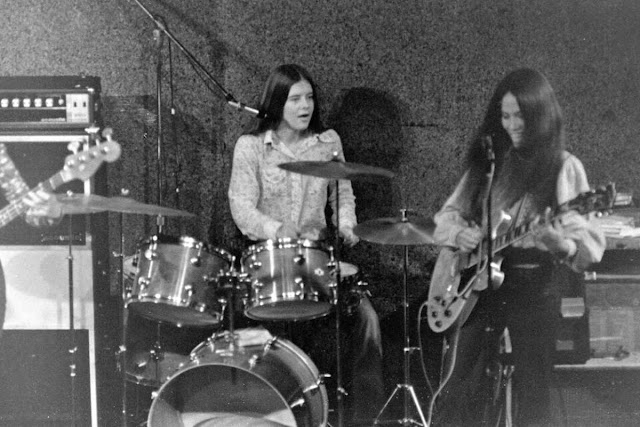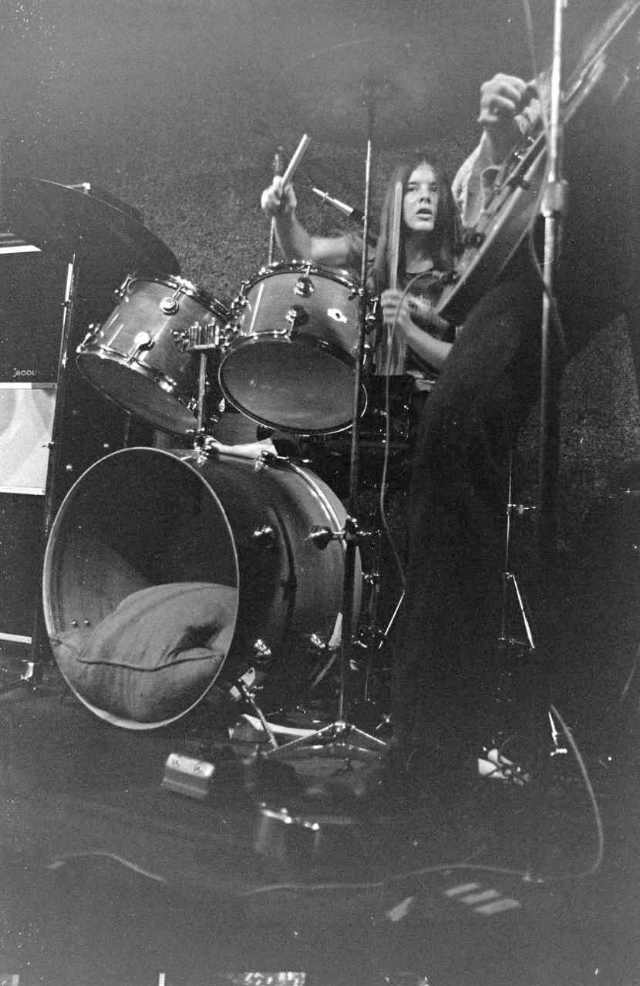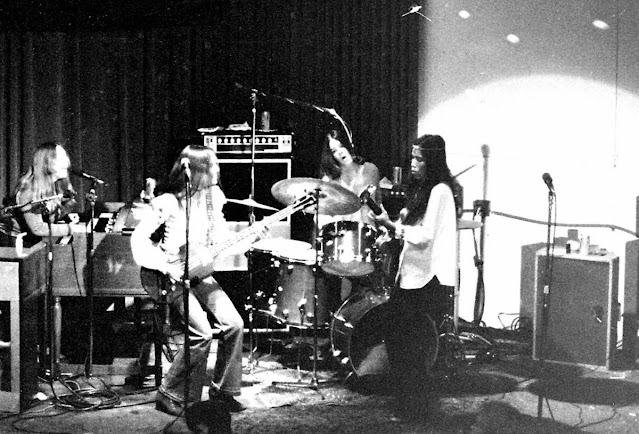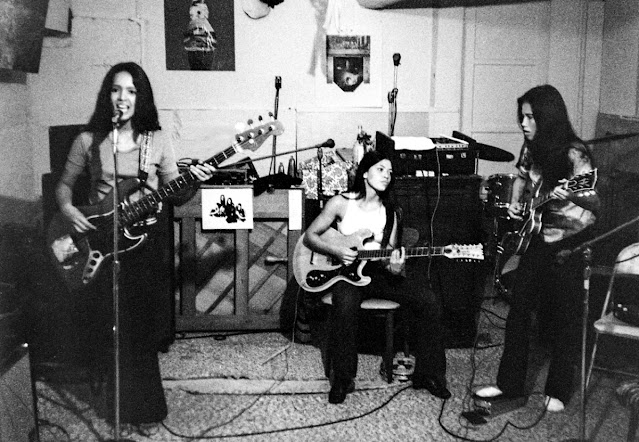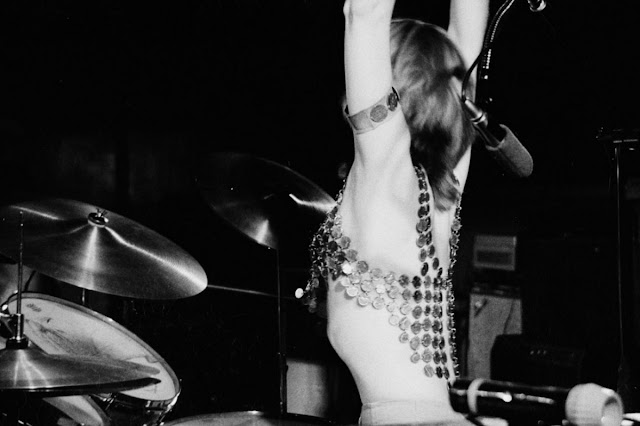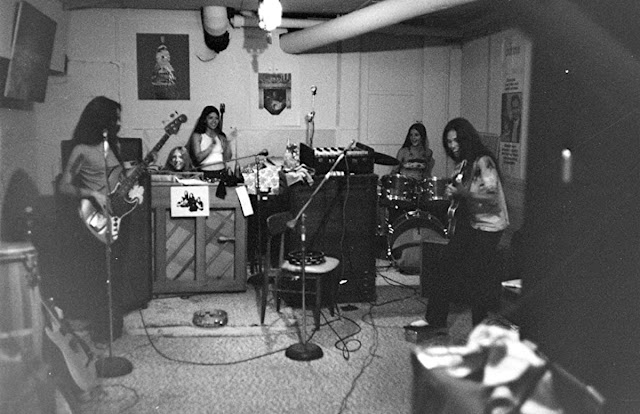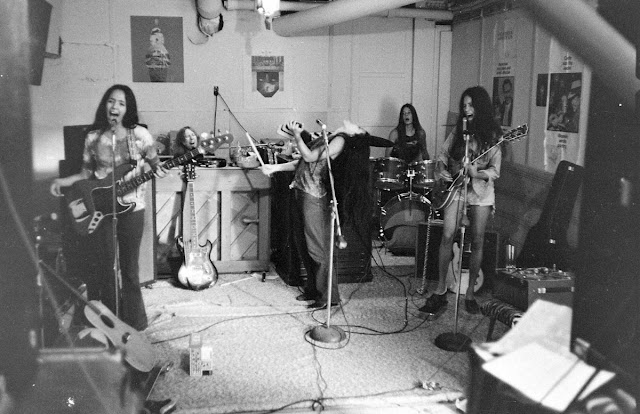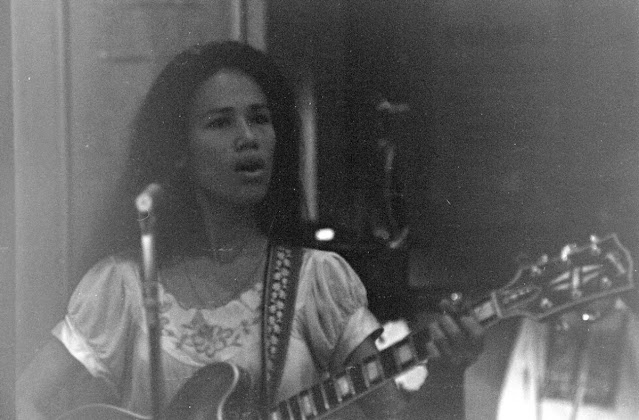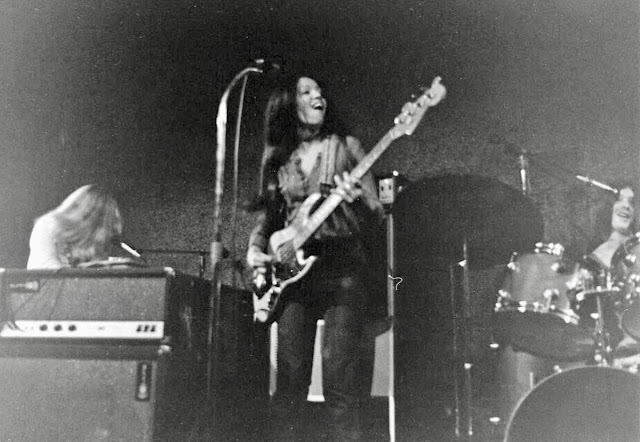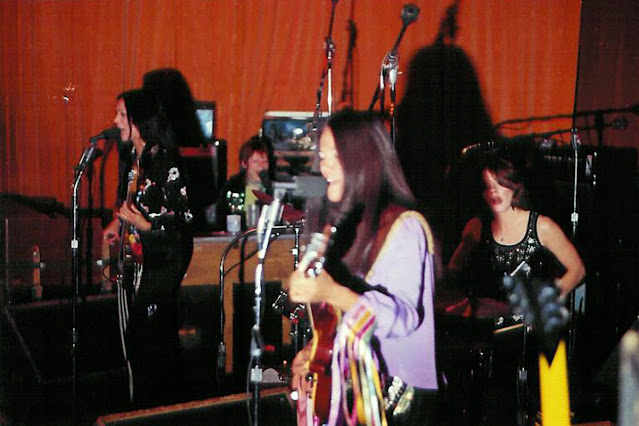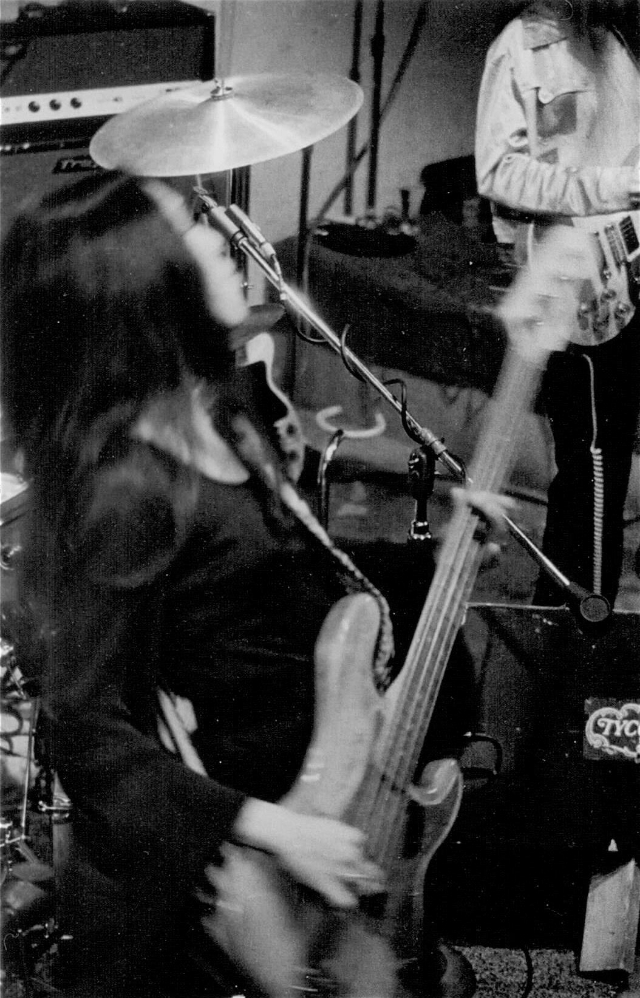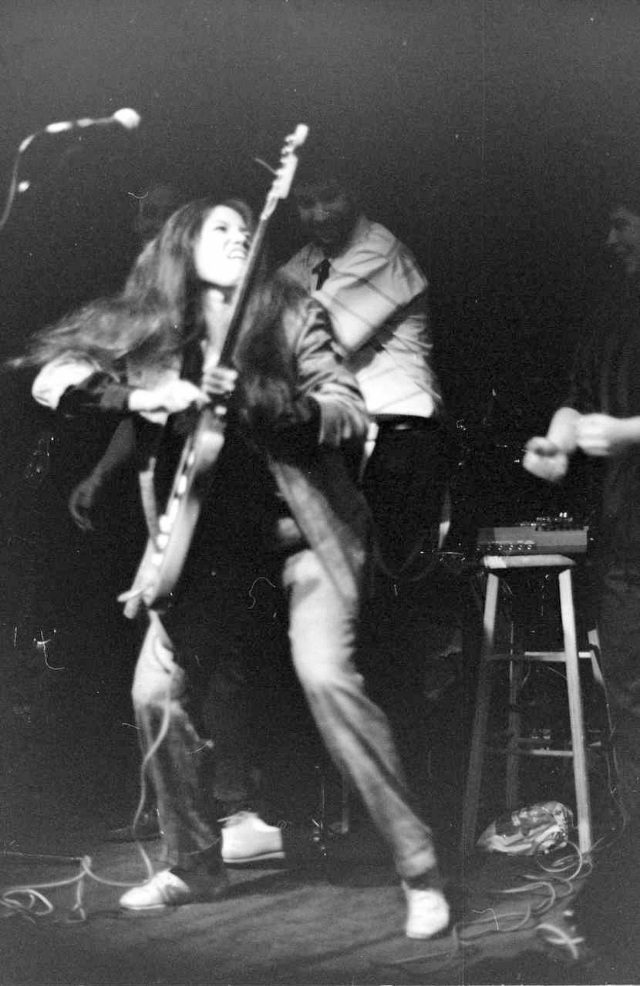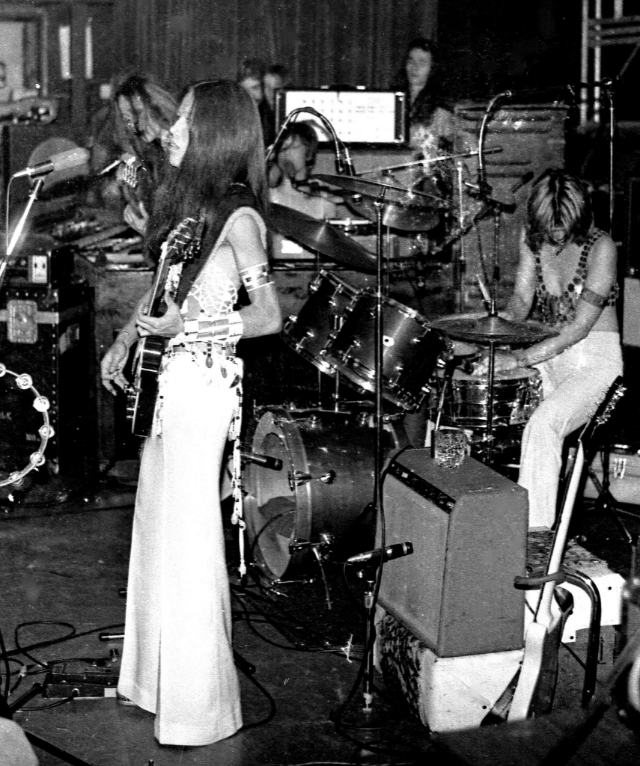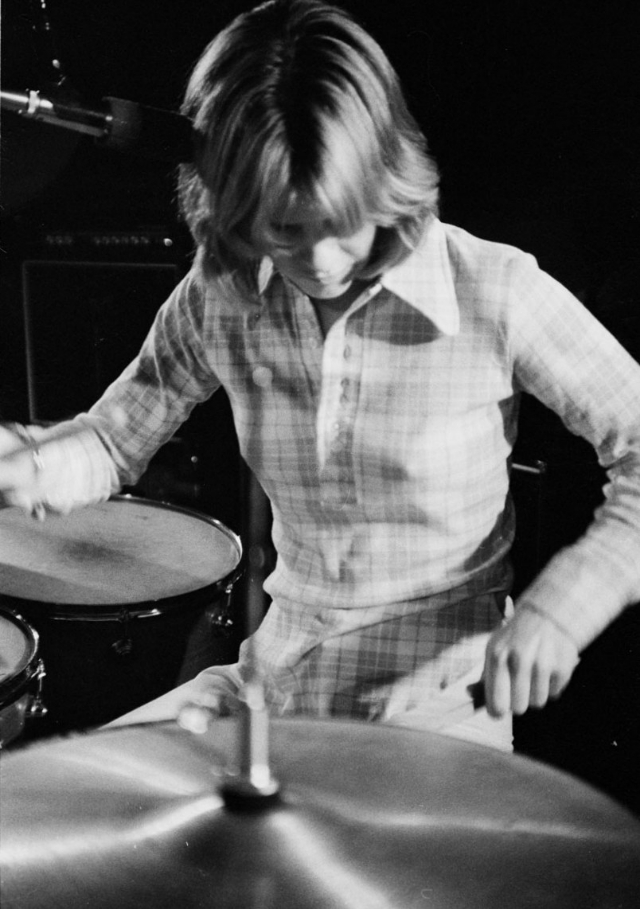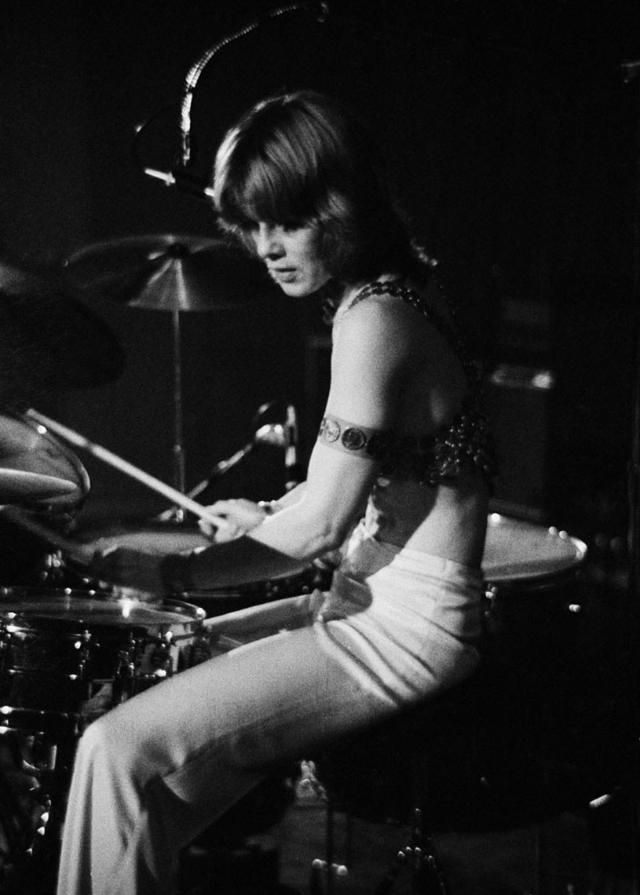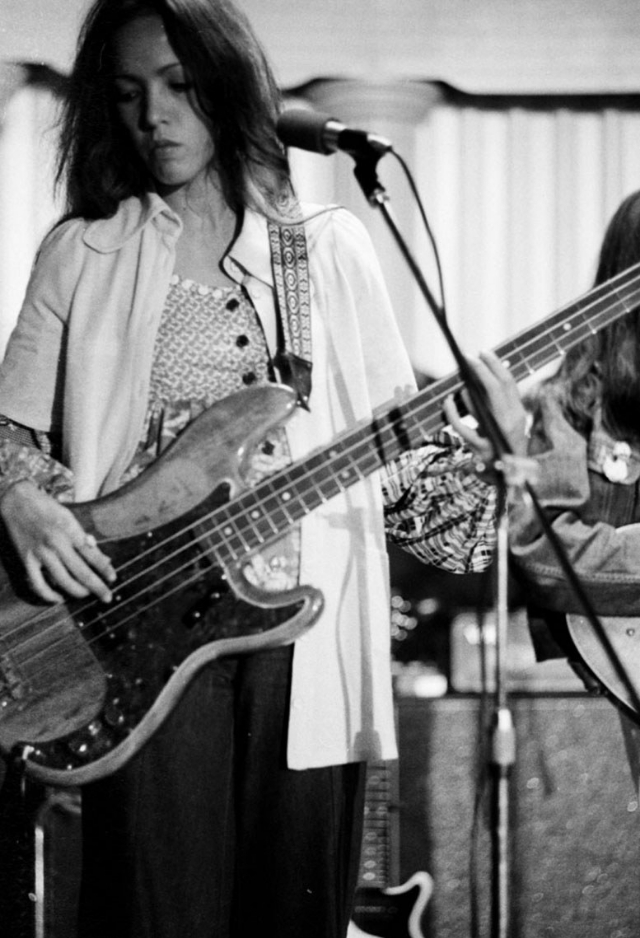In an era dominated by male rock bands, Fanny emerged in the early 1970s as one of the first all-female rock groups to gain national recognition. Breaking ground and defying societal norms, the band laid the groundwork for future generations of women in rock and roll.
Fanny was formed in 1969 by sisters June and Jean Millington, who had moved from the Philippines to California. Joined by drummer Alice de Buhr and keyboardist Nickey Barclay, the quartet initially started playing in small clubs. Their talent didn’t go unnoticed for long; they were soon signed by Reprise Records and released their self-titled debut album in 1970.
Breaking into Mainstream Music
Fanny’s music was more than just a novelty. They were skilled musicians, songwriters, and performers who could hold their own alongside their male contemporaries. In 1971, their single “Charity Ball” broke into the Billboard Hot 100, a significant feat for an all-female rock band at that time.
Albums and Chart Success
Over the next few years, Fanny released several more albums, including “Fanny Hill” (1972) and “Mother’s Pride” (1973). These albums received critical acclaim for their innovative fusion of rock, blues, and folk elements. Songs like “Ain’t That Peculiar” and “Blind Alley” became anthems that spoke to the experiences and aspirations of young women.
Fanny’s Influence on Women in Rock
It wasn’t just Fanny’s music that made them stand out; it was their existence as an all-female rock band in a male-dominated industry. They were opening doors for future female musicians, proving that women could rock just as hard as men. They inspired a new generation of women rockers, from The Runaways to The Go-Go’s and beyond.
Touring and Stage Presence
When it came to live performances, Fanny knew how to put on a show. They toured extensively throughout the United States and Europe, sharing stages with famous bands like Chicago and The Kinks. Their high-energy performances, combined with their musical prowess, made them a force to be reckoned with on the concert circuit.
By 1974, line-up changes started to take a toll on the band. June Millington left the group, and a series of replacements could not recapture the original magic. Although Fanny disbanded in 1975, their influence did not end there. The band members went on to pursue various individual projects but also reunited several times for special performances and events.
Interest in Fanny experienced a resurgence in the 21st century, with the release of retrospective albums and documentaries. Their music found a new audience who appreciated the band’s historic role in paving the way for women in rock. A new generation discovered Fanny’s music through digital platforms, proving that their songs still resonate today.


